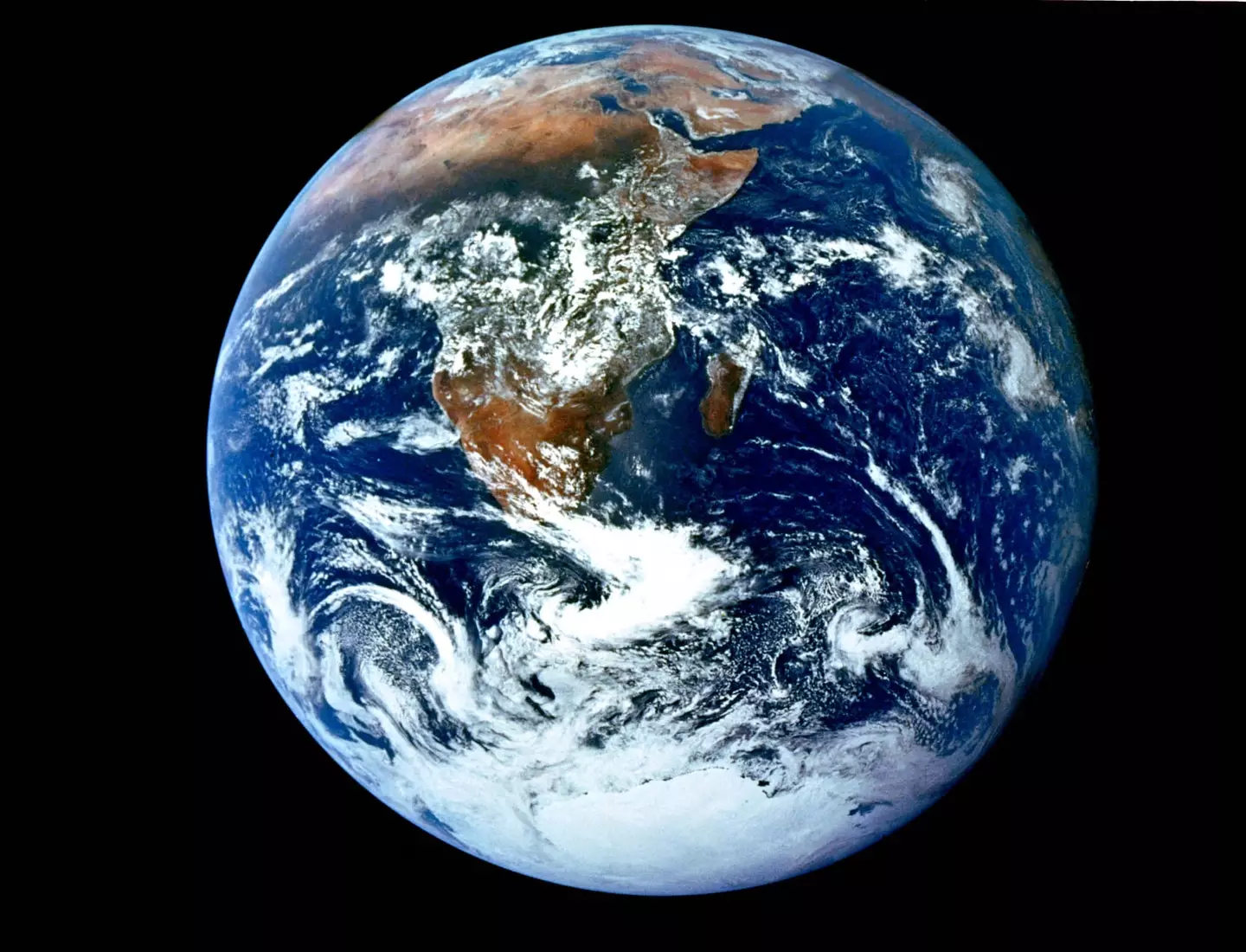
Topics: News, World News, Science
The Earth's atmosphere is missing huge amounts of a noble gas, and scientists aren't really sure where it went.
The mystery emerged from the study of meteorites in the solar system, some of which are actually older than Earth.
Because of this, they can be used to gain insights about the makeup of the solar system in the distant past, including the proportions of different gases.
Advert
And one of the things that scientists have found from this is that there is substantially less xenon in the atmosphere than there should be.
Around ten percent of what there should be, in fact.
The mystery deepens because xenon is a noble gas, which are a group of gases that are known for not being very reactive.
So if we were talking about a very reactive gas then its absence could be explained by it reacting with other substances and 'disappearing' into different compounds.

But due to xenon not being very reactive, that is less likely.
Elissaios Stavrou, lead author on a 2018 paper which looked into the missing xenon, explained: "Xenon is one of a family of seven elements called the noble gases, some of which, such as helium and neon, are household names.
"Their name comes from a kind of chemical aloofness; they normally do not combine, or react, with other elements."
So where on earth did the xenon go?
Well, we don't know for certain, but people do have a few theories.
The 2018paper theorised that xenon could potentially form compounds with other elements if it was under extreme pressure, a bit like a student the night before a paper is due.

Co-author Alexander Goncharov explained: "Our study provides the first experimental evidence of previously theorized compounds of iron and xenon existing under the conditions found in the Earth's core.
"However, it is unlikely that such compounds could have been made early in Earth's history, while the core was still forming, and the pressures of the planet's interior were not as great as they are now."
Another theory is that the xenon left the Earth's atmosphere in a process called 'degassing'.
This is where the atmosphere 'leaks' into space as the Earth is struck by meteorites and the atmosphere is unsettled.
But this does not explain why xenon was particularly affected, and if this was true then scientists would have to show why xenon was swept away so much, while other gases weren't.